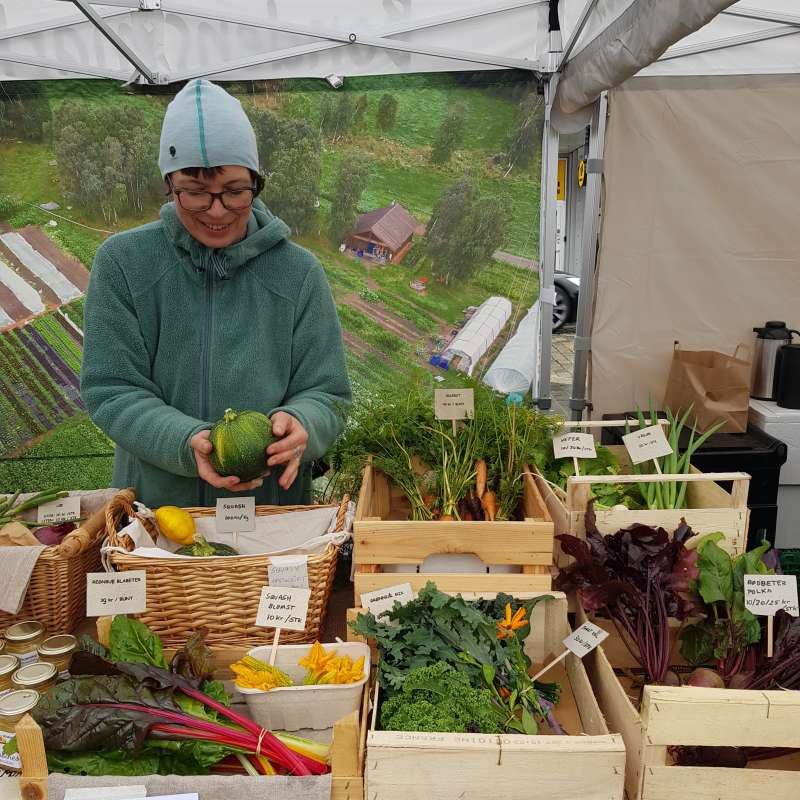Anna Birgitte Milford
Research Scientist
(+47) 990 49 836
anna.birgitte.milford@nibio.no
Place
Bergen
Visiting address
Thormøhlensgate 55, 5006 Bergen
Abstract
Produksjon, omsetning og forbruk av eple har endra seg mykje over tid. Forbruk av eple har vore fallande, medan produksjonen av norske eple har auka. I denne rapporten er det sett på utvikling i produksjon og marknad for norske eple og kva strategiar som er nytta for å auke norsk produksjon av eple. Det er også tatt med resultat frå ulike forskingstema i Greenroad-prosjektet som omfattar eple for å nå det overordna målet om auka produksjon og forbruk av norske eple.
Authors
Anna Birgitte MilfordAbstract
No abstract has been registered
Authors
Anna Birgitte MilfordAbstract
No abstract has been registered

Division of Food Production and Society
The role of diversified small-scale horticulture in a transition towards more sustainable food systems with healthier diets (SmallHort)
The aim of the project is to explore how food systems based on diversified small-scale horticulture can be developed to become more economically, socially and environmentally sustainable while also increasing in scale. This will provide benefits to nature, environment and public health.

Division of Biotechnology and Plant Health
IPM-fruit: IPM strategies for future fruit production
IPM fruit will investigate how preventive and alternative control measures can be used for sustainable fruit production. The project will study how natural enemies, physical control, and biologicals as well as combinations of these can be best applied under Norwegian conditions. The project will be carried out in collaboration with the Norwegian University of Life Sciences (NMBU), the Norwegian advisory service (NLR), NIAB East Malling (UK), IRTA (Sapin), and also in close collaboration with fruit growers.
